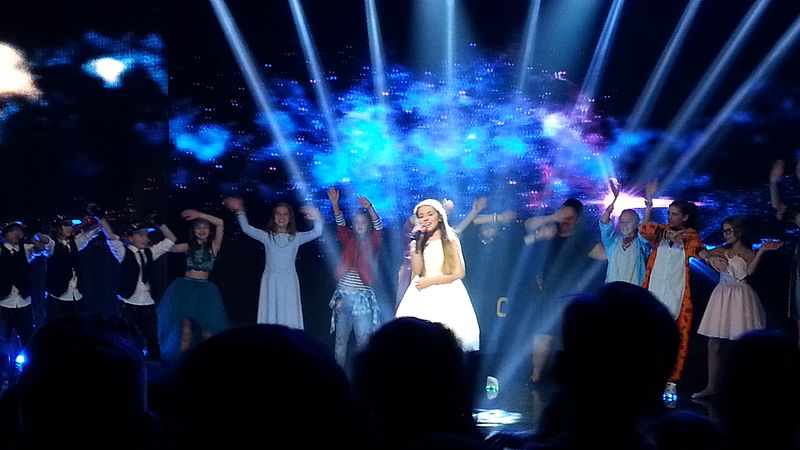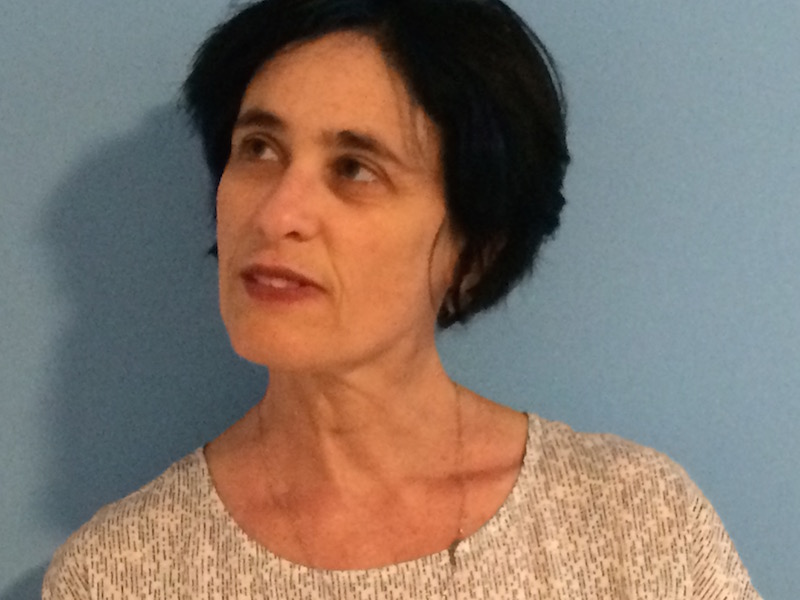
Israel is a nation that has no secrets. The democratic process of self-exposure is celebrated time and again. Its model of self-reflection, however, has changed over 70 years of military brutality, occupation, and settler colonial violence. Long ago, it used to follow a model of remorse, also known as “shooting and crying.” The tradition is traced back to S. Yizhar’s powerful novella Khirbet Khizeh (also spelled: Hirbet Hizeh or Hirbet Hizah), originally published in 1949. The novella tells the story of several young Israeli soldiers who are ordered to “clear” some Palestinian villages right after the end of the 1948 war. The text is a moving depiction of post-war atrocities, of colonial violence, of performative militarized masculinity, and of the inner turmoil of the narrator, who himself is a young soldier. The soldier wishes to belong to his fellow warriors, but his conscience hurts. Eventually he decides to join the rest in evacuating the village and leaves his remorse to be dealt with in the future.
Yizhar’s text is important because it is a very early documentation of the Nakba (Arabic for “Cataclysm” or “Catastrophe”). The significance of including the Nakba (with detailed accounts of destruction, violence, and expulsion of Palestinians) in one of the earliest Israeli novels to be published in Hebrew post 1948 cannot be overstated. That this very text became required reading for all Israeli high-school students right around the 1967 war, then a best seller, and finally a TV series a few years after the 1973 war, leaves little doubt about the significant impact this short text has had on generations of Israelis. What is this impact? Without undermining the outstanding literary qualities of the text (there are but a few Hebrew writers as talented as Yizhar, and this novella is a true masterpiece of modern Hebrew literature), one must recognize the poetic and political ethos of this text as one that soon became a model for many future Israeli novelists, songwriters, and filmmakers. In the work of acclaimed authors such as Amos Oz, David Grossman, and even more contemporary writers, this trope is dominant. A few of the more familiar cinematic works that follow this model include Waltz with Bashir (2008) and Lebanon (2007), and more recently the TV series, Fauda (2018).
If the tone of remorse and hesitation is strongly captured in Yizhar’s early novella, over the years the trope of “shooting and crying” has become just as much about remorse and moral dilemmas as it has become about self-justification and the creating of a masculine, warrior subject. Such a subject is human and sensitive, but also logical and responsible. Amos Oz—a writer who has always been considered “leftist” by the right and “right” by the left—best captured this model of subjectivity in his response to a question about his feelings concerning his service as an Israeli soldier in both 1967 and 1973: “I have done many things that I am sorry I had to do, but nothing that I am ashamed of.”
“Sorry for things I had to do.” This “non-apologetic apology” was the model of self-critique advanced in Israel in many politically reflective works of literature and cinema. “Shooting and crying,” as this style became known, was a way of maintaining the nation’s self-image as youthful and innocent, along with its sense of vocation against the reality of war, growing military violence, occupation, invasion, and an overall sense that things were going wrong. All in all, this long poetic tradition, which has at times produced better works than others—Waltz with Bashir is undeniably a cinematic masterpiece—followed the very same logic of Golda Meir’s somewhat less artistic, and significantly more coarse statement: “We can forgive you [the Arabs] for killing our sons. But we will never forgive you for making us kill yours.”
But the days of shooting and crying are over. Shooting continues, but crying has stopped. It has been replaced with laughter: hysterical, cynical, crude, perhaps even desperate laughter. The general logic is the same: Israel hides nothing. It does not deny the violence and the shooting in which it is involved. It does not deny the occupation, the violations, the torture. Israel denies nothing. On the contrary, it openly depicts and documents its wrongs. In the past, it was the soldiers who were shooting and crying. This time around, the soldiers are shooting and the rest are dancing. And everything takes place out in the open. There is nothing for anyone to look for, to dig up, to expose; all is out in the open, because Israel has nothing to hide.
So what do we get now, when we are no longer shooting and crying, but rather shooting and singing? The more recent and more cynical (and perhaps more effective and dangerous) Israeli poetics and politics of self-reflection no longer bothers to portray Israelis as sensitive beings who shoot out of necessity, “We will never forgive them for what they made us do to them!” This change in style can be first detected in Waltz with Bashir, a film in which the old melancholic tone of the crying soldier is replaced with a dance soundtrack, neon colors, and a club scene. But it has only recently reached full maturity in the most vulgar presentation of a campy campaign that promotes something like: “We’re here, we’re occupiers, get used to it.”
Late last week, Israel released a response to the ongoing international critique against holding the 2019 Eurovision contest in Tel Aviv. Produced by a private media company, the video features two singers (one identifies as a Russian, the other as Arab) who meet two reluctant young blond tourists at the airport, most likely with the intention of convincing them that they should support Eurovision in Israel. The young tourists never appear convinced. On the contrary, they seem concerned, suspicious, and bitter, and they eventually leave their hosts. Meanwhile the Arab and Russian Israelis are jumpy, lively, and overtly “marketing” the country: “Stop! Don’t say a word! I know just what’ve you heard—that it’s a land of war and occupation.” The singing goes on, sparkles in the air, as the four leave the airport for a brief tour: “We are here to be your guide—a small country with pride!”
Truthfully, the video is confusing. If one does not know it is part of an official Israeli campaign, one is likely to think it is a parody, or perhaps even another BDS commercial (part two of the queer for Palestine dance revealed earlier this month). “This is the land of honey, honey . . . Our land is always sunny, sonny” the two hosts sing as they invite their hesitant tourists into a short “indoctrination,” telling them everything Israel has to offer in addition to the occupation: a dying Dead Sea that is shrinking due to capitalist activity; beaches full of bitches (also known as feminine gay men); lots of Jews (and only some are greedy); great shawarma everywhere; and the Al-Aqsa Mosque as symbol of “the beloved capital.”
So why would this be the formal Israeli campaign? Precisely because this “humor” and campiness have become clear and identifiable political and poetic tactics that can be easily mimicked, regenerated, and used as if following a narrative of reclaiming. Once again, Israel generates its message from the position of “strategic weakness”: the world says these horrible things about us? Well then it is either because everyone is anti-Semitic (they think all Jews are greedy!) or because they think we don’t know what they know and they think they need to teach us. But we know all there is to know, and we know better than they know. Even so, they patronize us, suggesting we don’t know what we do know: “the occupation isn’t nice.”
Shooting and crying is passé. Shooting and singing is more appropriate, especially as a promo for Eurovision in Tel Aviv. There is no point in denying the Israeli occupation (no one denies it) and no point in denying colonial violence and destruction (no one denies it). So? Lets dance! Where the mockery about nostalgia (“land of milk and honey”) comes on the same plate with the self-negating anti-Semitic jokes about greedy Jews and the matter of fact acknowledgement of the occupation (in the campaign’s first line no less!!), there is not much left for the critic to say. This is the importance and the danger of this new “campy” style. Its self-reflexivity and ironic nod is far more sophisticated, politically speaking, than crying. This is not merely replacing shooting and crying with shooting and singing. It is more like replacing shooting and crying with shooting and singing about just how vulgar it is to be shooting and singing. The bottom line message? Do you want to be shooting and crying? Crying about shooting? Or… would you rather join the singing? Don’t spoil the party. That’s not cool.

